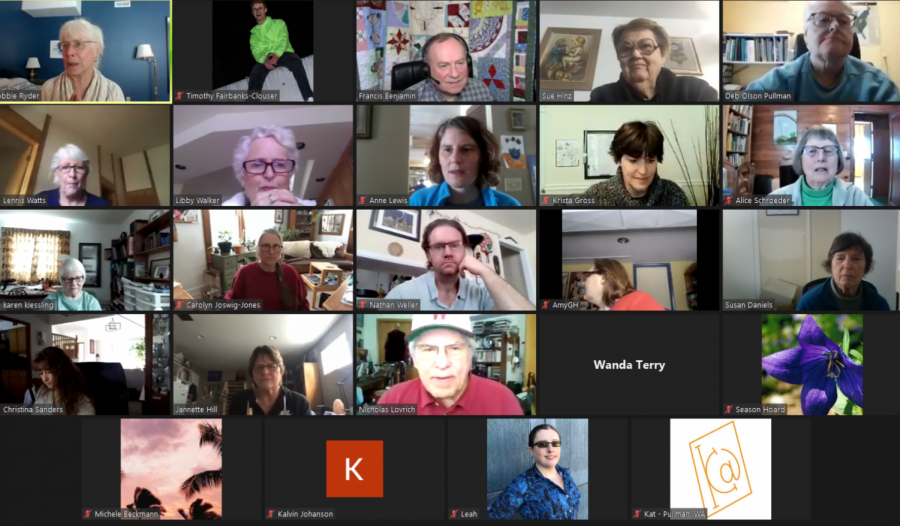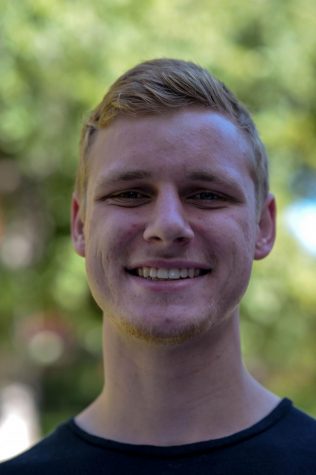WSU researchers create model for analyzing League of Women Voters’ growth
Research seeks to understand how League of Women Voters of Washington can boost engagement, promote goals statewide
The WSU “Assessing League Impacts” research project would promote more significant league impact and generate more support for league chapters.
February 17, 2021
The League of Women Voters of Washington is collaborating with WSU researchers to find ways to promote the organization’s statewide growth and outreach.
WSU researchers presented their ongoing project, “Assessing League Impacts,” during the League of Women Voters of Pullman’s Brown Bag meeting Tuesday.
Bobbie Ryder, League of Women Voters of Pullman president, said the “Assessing League Impacts” research project would promote more significant league impact and generate more support for league chapters.
Washington is creating the framework that other states will use in similar research, said Nicholas Lovrich, WSU researcher and regents professor emeritus.
“Let’s capture what it takes to replicate this,” he said.
The next step of the research is completing the 100 interviews needed to create survey questions. The research team trained 20 league members to conduct the interviews, Lovrich said.
He said the team randomly chose 50 people to be interviewed. The other 50 people were former board members, action group members and league presidents.
Approximately half the interviews still need to be done; the team is taking a break to debrief the process, Lovrich said.
Questions focus on members’ experience within the league and the changes they have noticed or would like to see for the league to meet its goals. Interviewers want to see how people feel about their league membership and how they see the league’s future, Lovrich said.
All the interviews must be conducted over Zoom and then transcribed by WSU graduate students due to the software’s inaccuracy in creating audio transcripts. The team has never used this process; it can be time-consuming but necessary to ensure accuracy, he said.
The research team then codes responses to the interview questions to find similar themes. Once they code the responses, an agreement is needed between committee members to narrow down possible questions for a future survey that will be sent to 2,700 league members, Lovrich said.
“We want the survey to resonate with people, so they actually take part in it,” he said.
The survey cannot be too long or vague, Lovrich said. If the questions are not straightforward, the responses will not reveal how people feel. Pre-testing will be done with a pilot group from the Pullman chapter to ensure the survey is of an appropriate length and is engaging to respondents.
Lovrich said the survey will also help the researchers identify what kinds of technology are needed for members to participate effectively, he said.
Francis Benjamin, WSU Department of Psychology’s Political Interaction Lab director, said a number of his students working on the project are very excited about the possibility of increasing league engagement on the student level, as well as with external stakeholders.
Lovrich said he hopes to have a draft survey made by April or June to review with the Pullman chapter.
The next Brown Bag meeting is scheduled for 12 p.m. March 16.










